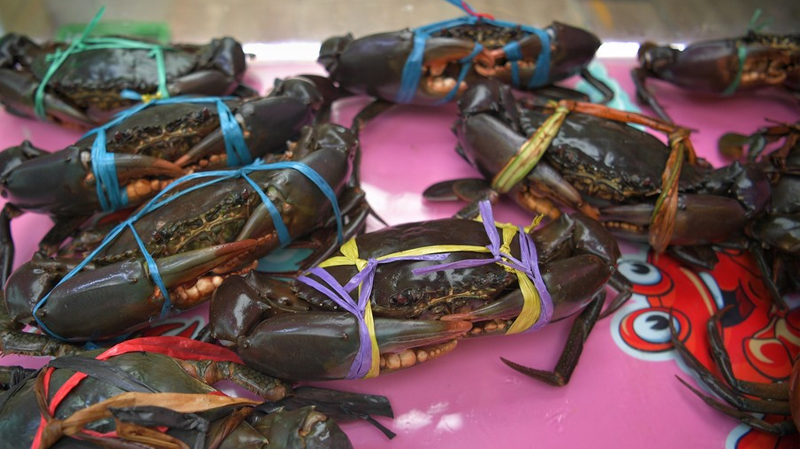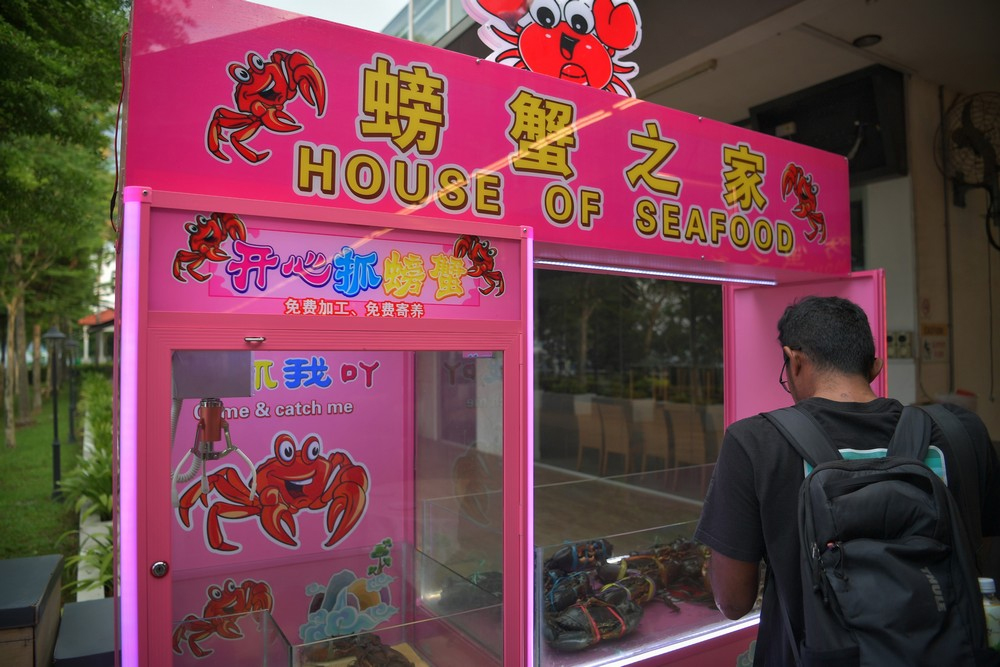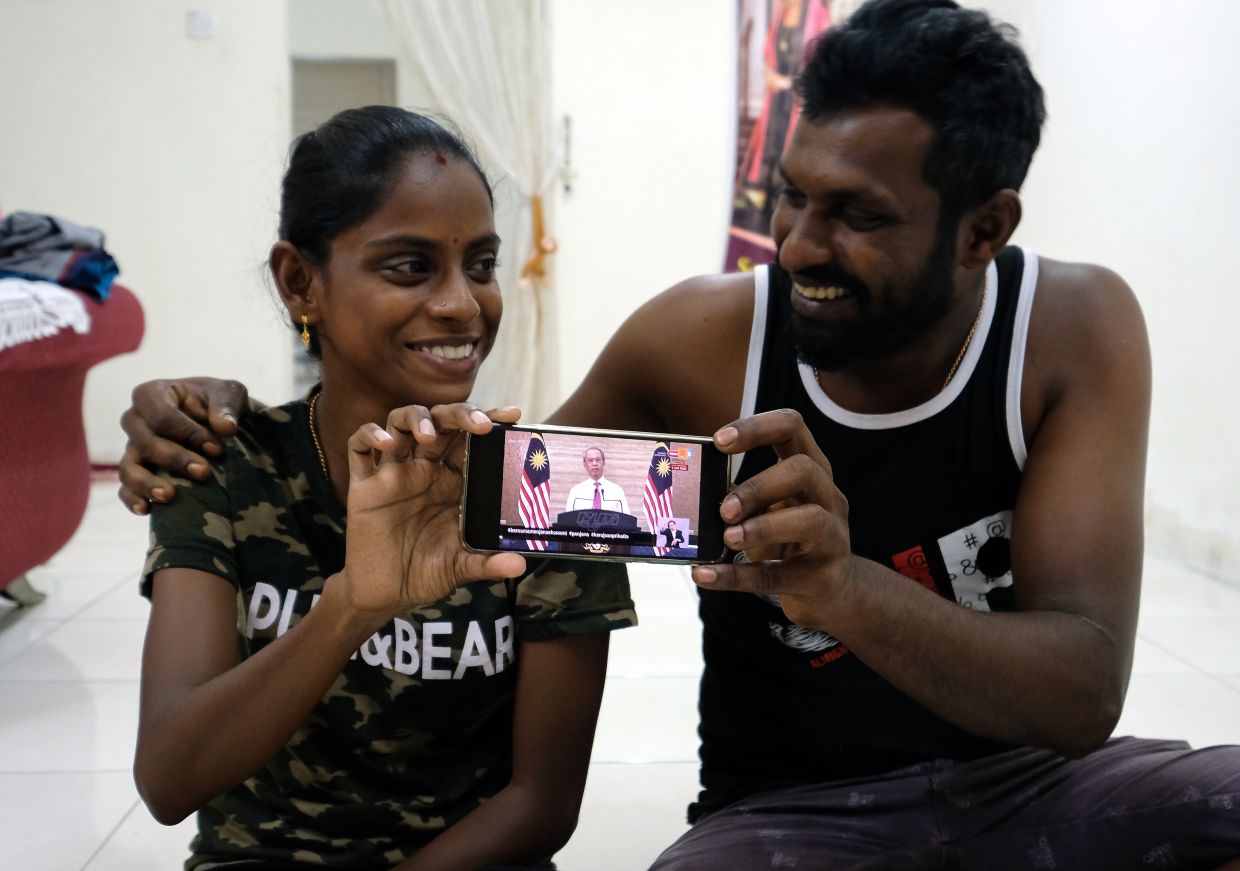Don't play with your food! How this Singapore company's marketing plan backfired badly.
25 October 2019

As marketers, it sometimes seems that everything's been done by someone else before and it's increasingly harder to come up with a novel marketing idea that will stand out from the competition and ignite the audience's imagination.
One company in Singapore thought they had come up with the ultimate marketing gimmick. Seeing how arcade claw machines are gaining in popularity in this region, House of Seafood hit upon the idea of coming up with their very own claw machines that patrons can try to catch their very own crabs. For $5 per play, customers could try their skill and luck and if they were successful in catching a crab, the winner could choose to have the crab cooked at the restaurant, bring it home or reserve the crab to eat at a later date.
Their marketing team actually took one month to plan and conceptualise the design of the machine so that it would not harm or hurt the crabs, according to their chief executive officer, Mr Francis Ng. He also added that the claw was wrapped with soft rubber and the base was laid with a sponge in case the crabs fell. They also claim to clean the game machine every day to ensure a good environment for the crabs.
It seemed that their gimmick was quite a hit as many customers tried their hand at the machine until the video was seen by the folks at the Society for the Prevention of Cruelty to Animals (SPCA) as being cruel to the crabs, as the machine could inflict unnecessary harm and distress to the crabs if they are dropped from a height by the claw.
“Crabs are living creatures, not toys,” the SPCA said, adding that it had reported the restaurant to the Animal & Veterinary Service (AVS) “to ask them to shut this down”.
The National Parks Board's Animal and Veterinary Service (AVS) said on Thursday that it was alerted to the case of live crabs placed in a claw machine by the Punggol restaurant and are investigating the matter.
"AVS takes all feedback received from the public on animal cruelty seriously and will look into the cases reported," it added. "All forms of evidence are critical to the process and photographic and/or video-graphic evidence provided by the public will help."
In less than 24 hours, SPCA’s post had been shared more than 2,000 times, with netizens slamming the restaurant’s unconventional idea.
A number of users also said they would be boycotting the restaurant as a result.
Faced with the public outrage, the House of Seafood restaurant has stopped using the machine temporarily and apologised for causing public unhappiness over its gimmick on Facebook. It has also stopped using the machine on 24 October and put up an 'Under Maintenance' sign on it.
So, was it a bad marketing idea in the first place? There are a few things we can learn from this marketing disaster. Firstly, while the idea to create buzz was well planned and thought out, the execution left a lot to be desired. Instead of using live crabs, they could have used a substitute crab toy instead. Patrons who managed to catch the toy crab could choose to exchange it for a live one. That would have been more practical and wouldn't have got them into so much trouble.
Secondly, while the stunt may have worked in China according to Mr Francis, different countries have different tolerances and cultures. It is important to take into account your target audience whenever you are running any marketing campaign because each audience will have their own unique challenges.
Thirdly, when your marketing efforts do not go according to plan, you need to have the ability to stop it immediately. In this case, The House of Seafood made the right call by quickly halting the promotion and making a public apology instead of dragging it on or worse; defending their position and picking a fight with the public. Always remember that 'online social justice' hits hard and fast and there is no way corporations can fight that.
Ultimately, The House of Seafood may come up on top of this misadventure due to their apology and pulling the plug on the campaign once they realised the backlash it generated.










 Whatsapp Us +6011 1144 5462
Whatsapp Us +6011 1144 5462



